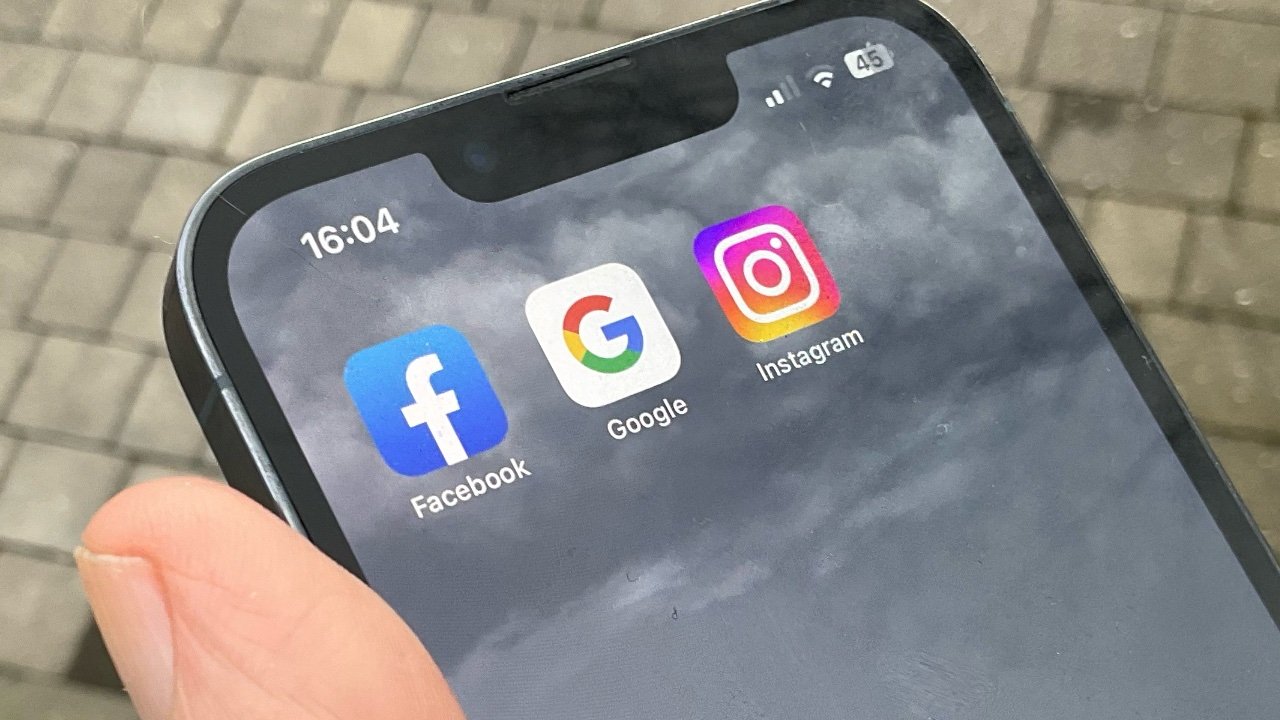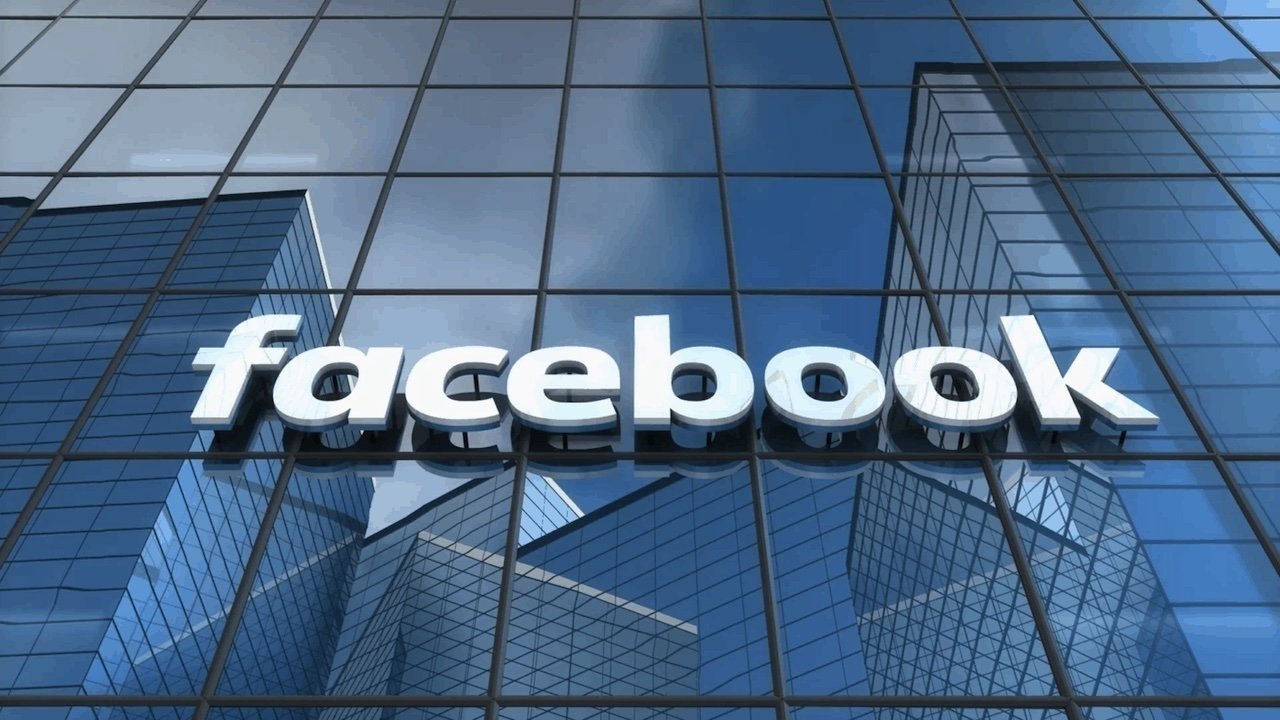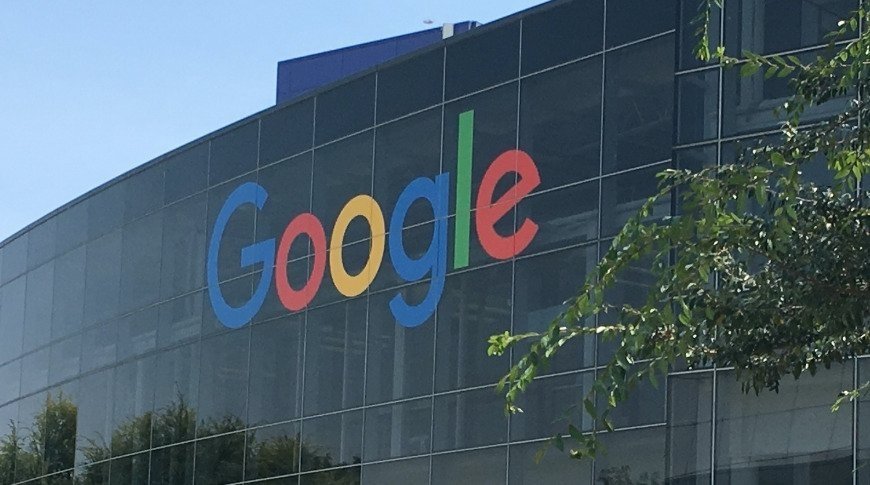Journalism has been nearly destroyed by Google and Facebook stealing news — and they should not be allowed to use threats to escape regulation demanding that they pay for profiting from it.
Canadian lawmakers are debating whether to charge online platforms for news they post, but Meta says it won't pay a dime — and Google is already looking at just blocking news in the country.
In both cases, these companies have managed to get this far without paying for what they use. Facebook did make a show of signing deals for news with publishers in 2019, but it then so altered its recommendations algorithm that few users even knew there was a news section.
Consequently, Meta was able to say few users read news on Facebook, therefore it "doesn't make sense to over-invest in areas that don't align with user preferences." It wasn't over-investing, it was paying what was owed.
Meta is making the same argument in Canada now, saying that since it earns almost nothing from news, it shouldn't have to pay — and that it won't pay.
Only Meta really knows what it earns from news, but if it really were so little because so very few users read it, the fees to publishers wouldn't be much. Threatening to shut down news in Canada rather suggests that there is more to it.
And there is, just not necessarily in dollars and cents. Facebook is reliant on user-shared content plus interaction. It is including news to bolster traffic, but it's also replacing other news sources.
Facebook, and Google too, have made themselves the platforms where people turn to for news by becoming omnipresent.
In one hell of a business move, Facebook and Google have been powered by the very news that they used to destroy other news sources. Advertisers would have gone to Google just to reach more people, but Google was also able to undercut any publication to secure the business.
At the same time, Facebook spent its early years convincing news publications that video was not only the future, it was their sole route to survival. Facebook knew its data did not back this up, but faced with advice from such a huge firm, news publications pivoted to video.
Publications pivoted based on a willful lie from the house that Zuckerberg built, and could not pivot back when it proved to be calamitous.
As a direct result of Facebook's actions with video, Google's moves with advertising, and a combination of all their efforts to dominate, we now have vastly fewer newspapers in the States.
And, the ones that remain are mostly owned by massive conglomerates, not interested in what's going on, on the local level. This is mostly a point for another day, though.
There's an argument that ultimately Meta and Google have shot themselves in the foot, because now there are fewer news publications to take from, and because advertising has ceased to keep going up. And, we aren't even including how writing for Google is becoming more important than writing for people — at least not today.
Anyway, if they did shoot themselves in the foot, though, that's minor compared to the massive collateral damage that will never be fixed.
It doesn't look as if either company will willingly even try fixing the issues, either. A Meta spokesperson has now told Reuters that the company disagrees with what's being discussed in Canada.
"A legislative framework that compels us to pay for links or content that we do not post, and which are not the reason the vast majority of people use our platforms, is neither sustainable nor workable," said the spokesperson.
"All we're asking Facebook to do is negotiate fair deals with news outlets when they profit from their work," said Canadian Heritage Minister Pablo Rodriguez. "This is part of a disappointing trend this week that tech giants would rather pull news than pay their fair share."
We've been here before
The situation in Canada appears similar to what happened in 2021 when Australia's government looked to intervene. Facebook not only threatened to remove news, it did so.
Suddenly, literally overnight, governments, news sites, and even charities saw their news posts vanish. The Australian government made exceptions for Facebook, and Facebook restored the pages.
Australia actually called that victory over Meta, where Facebook phrased it slightly differently. According to Facebook, issues with Australia have been "clarified."
"We have come to an agreement that will allow us to support the publishers we choose to, including small and local publishers," said Campbell Brown, vice president of global news partnerships at Facebook.
"Going forward, the government has clarified we will retain the ability to decide if news appears on Facebook," continued Brown, "so that we won't automatically be subject to forced negotiation."
Just as the 2019 agreements with publishers were then followed by Facebook's algorithms reducing visibility of news, so Australia's regulations have had no direct effect. According to Wired, though, they have at least had an indirect but significant one.
Reportedly, Facebook negotiated deals with 11 news publishers following the changes in Australian law. None of those negotiations followed the country's new procedures, though, and all of them are secret.
Meta and Google can't be allowed to keep doing this
So it's not known how much Facebook may be paying, and it's not remotely known whether Meta is again working to hide news to undermine its value.
If anything, less is known about Google. Reuters says it is experimenting with cutting news in Canada, but it hasn't said anything. Meta has been quite upfront about what it will do if the country passes the regulations under consideration.
It's significant that Meta hasn't already pulled news pages, the way it did in Australia, and is instead hanging on. Maybe that means it's learned there is a financial hit from pulling them and is just hoping that it's threat of removal will be enough.
If there's some question what Meta, Facebook, and Google will do, there isn't any question at all about what they should do. There isn't a question over what they should always have been doing.
When you use someone's work, you pay them. That's it.
There's no option to say you won't pay because you're not making much money out of someone's work. That's like saying you shouldn't be arrested because you only steal from someone a little bit every day.
 William Gallagher
William Gallagher






-xl-m.jpg)


-m.jpg)






 Wesley Hilliard
Wesley Hilliard
 Christine McKee
Christine McKee
 Amber Neely
Amber Neely

 Malcolm Owen
Malcolm Owen

 Mike Wuerthele
Mike Wuerthele









16 Comments
I hope Google and Meta get torched here. They, by manipulating things so reliable news sources don't come up as often, have pushed more disinformation from junk sources to show up in peoples' search results and fb feeds. Horrible way to try to save money, by making it harder to get reliable news sources. They are bullying and deserve to pay a high price and be forced to change their ways.
I get all the news I need from The Drudge Report 🤡
I get all the news I need from the Drudge Report and Fucker Carlson. /s /s /s
Why is this garbage posted on AI. I would love for Google and Meta to block news and allow the media to keep trying to do business the way they always have. Adapt or die.
People don’t get their news from Google or Meta, they use those companies to see ads and links to news and read the news on the media company’s website.
If you were to compare Facebook to a broadcast TV channel, the news outlets should be paying Google and Meta to get their propaganda out.